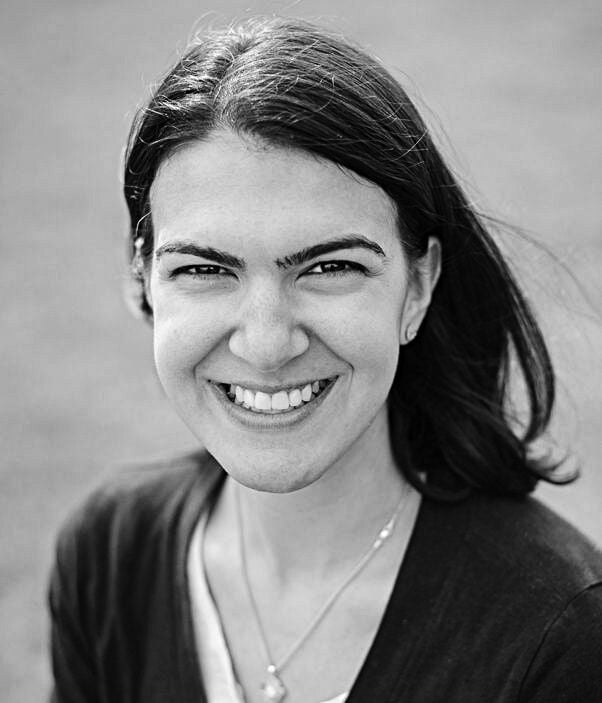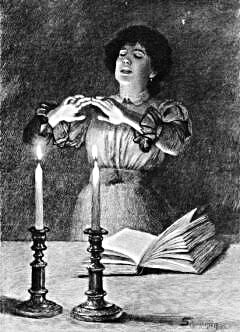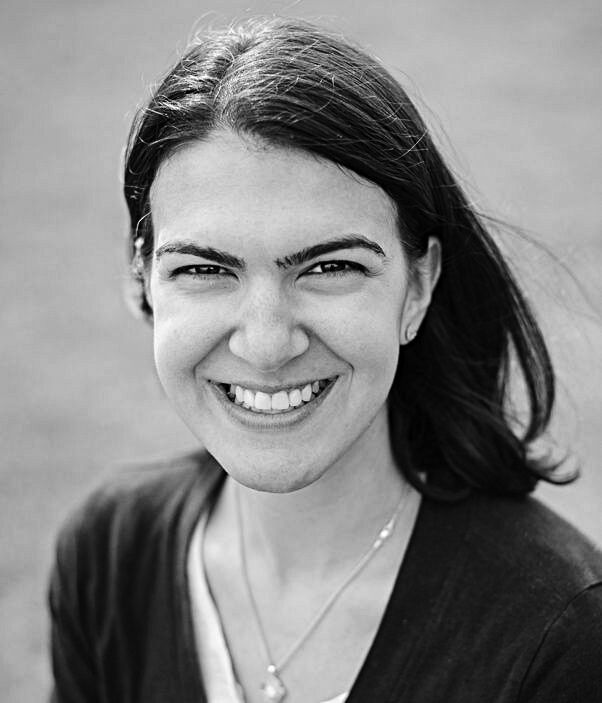
As the drive for formal women’s religious leadership continues to manifest itself with greater force and momentum in the Modern Orthodox Jewish community, one senses an opportunity. Here is a chance to celebrate women, to show how we value contemporary women’s voices and perspectives, as well as unsung female leaders of the past who influenced the course of Jewish history both directly and indirectly. Yet, instead of this movement for female leadership expanding our collective sense of the many forms leadership can take, we are asked to view events through the paradigm of victory or frustration: a woman has been assigned this or that position, or such a position has been denied or declared off limits.

These milestones may in fact have some significance, but there is also something retrograde about a religious conversation that places so much stock in the acquisition of titles and authority. Although great leaders are identified and praised in the Jewish tradition, most of them male and some female as well, in many cases their authority is interrogated, critiqued and ultimately viewed as besides the point. In stark contrast to the epic heroes of other traditions, Jewish heroes, even as they achieve external greatness, are praised for their humility and devotion to God. Some may say, first give a woman a seat at the table, and then we can begin the conversation about the quality or texture of her particular leadership. Or some might contend that Jewish women would not be prone to the same foibles that plague traditional male authorities, rendering our tradition’s critiques of those foibles irrelevant. Yet, the ways in which we discuss this issue as a community matter, and a singular focus on giving women greater formal authority, even within the realm of Torah, is profoundly lacking from a religious point of view.
In a way, this dynamic relates to a broader conversation taking place in American society surrounding the presidential candidacy of Hillary Clinton. Among potential reasons to support Clinton’s current campaign for the presidency, her gender has not yielded the kind of sustained excitement for which her strongest advocates may have hoped. Indeed, many Americans understand very well that the simple fact of being female does not automatically result in a more virtuous approach toward power. It’s clear that, despite being a woman, Clinton is no less susceptible to corruption, manipulating people and situations to her advantage, or any of the ethical challenges that a man would face in a similar position of authority. The fact that a woman aspires to be the most powerful person in the Western world is completely legitimate, but it is about as inspiring as a man aspiring to that position. Which is to say, it is not very inspiring at all.
There have always been powerful women in human history, just as there have always been female public leaders in Judaism, though much less commonly than men. To vehemently oppose the very existence of such female leadership is strange and misguided. But any support for such leadership needs to be balanced by an equally weighted recognition that the substance of one’s character is far more important than the position of authority one holds, regardless of gender. When it comes to spiritual leadership, it’s not what you accomplish or how many followers you amass that matters, it’s who you are. Any movement advocating for female Jewish leadership needs to keep this at the forefront of its priorities.
Eishet Chayil and Jewish Female Leadership
The Biblical poem Eishet Chayil is acutely aware of the tension between female power as a series of external accomplishments, versus the strength of a woman’s character itself. The Eishet Chayil, or “Woman of Valor” hymn, originally appears in Chapter 31 of Proverbs, where it forms a distinctly optimistic conclusion to a Biblical wisdom book that contains no small amount of skepticism about human nature in general and even female nature in particular. Eishet Chayil is often interpreted as a kind of tribute to Biblical or Jewish femininity, but upon closer examination it does not fit easily into any popular conception about what traditional womanhood entails. The heroine of Eishet Chayil excels at a series of domestic tasks, but her excellence is described in language more reminiscent of an ode to a warrior or to a triumphant ruler than a subservient wife. For instance, “chayil” is connected to the Hebrew word for soldier, and she is described in terms that relate both to military strength and to royalty: “she is like a merchant fleet,” “she girds herself with strength” or “she is clothed with strength and splendor” (JPS translations). One basic message here is that the discipline and virtuosity required to run a household with dignity are analogous to the achievements of great warrior or ruler.
This message both draws on and undermines the typical masculine conception of what strength and power entail. This is further complicated by the poem’s penultimate lines: “Grace is deceptive, beauty is illusory; it is for her fear of the Lord that a woman is to be praised.” After an elaborate poem in which we are introduced to a Jewish uber-woman whose strength and skill are unsurpassable, we are reminded that external markers are not the sum total of a person’s virtue. Perhaps they were never fully relevant at all. The very last lines of the poem are also interesting in this regard: “Extol her for the fruit of her hand, and her works praise her in the gates.” Despite the implication of the very existence of the poem, a Woman of Valor is ultimately not meant to be praised by an outside chorus, but rather via her accomplishments themselves. Ideally, there is an organic relationship between the accomplishments of the Eishet Chayil and the praise that is heaped upon her. Unlike winning a battle, or an election, where the victor assumes a role that is both related to his or her virtues and also an artificial exaggeration of them, the ideal of praise laid out at the end of the poem is one that emerges directly and naturally from the fruits of her labors.
Thus, what at first seems to be a song in praise of various over-the-top accomplishments of a phenomenal Jewish woman, also raises the implicit question of where true virtue lies in general, and whether external accolades are an appropriate way to recognize such virtue. It is perhaps for this reason, among others, that the Jewish sages not only view Eishet Chayil as only a poem about one woman, or womanhood, but also as a Divine allegory with multi-faceted religious significance. The model of the Jewish woman here is in some ways a template for the entire Jewish people to strive for and emulate. The fact that it is sung in Jewish households on each Sabbath eve also says something about how the sages viewed the Eishet Chayil hymn. The Sabbath is a day when a typical focus on external strength and accomplishments is exchanged for an inward emphasis on a connection with God. Of course, such a connection is not exclusively the domain of Jewish women; it is a shared imperative for the entire Jewish people. Womanhood is one prism through which Jewish traditional thought makes this priority clear.
In a way, this whole line of thought takes place on a different plane than most contemporary conversations about female Jewish leadership. These conversations may revolve around issues of compensation and other forms of recognition: why should female religious instructors be paid or respected less than their male counterparts? Or commonsense human rights: if a woman wishes to further her Torah knowledge or impart the same to others, why should this be denied to her? I support many of the efforts to address these questions. Yet I don’t associate them with the lofty message of Eishet Chayil,with the full flourishing of the female spirit for which the Jewish tradition advocates. Ordaining women won’t bring us any closer to this spirit, neither will one Orthodox synagogue or another hiring a female clergy member (though I don’t think it will necessarily subvert the cause either). Female authority, like male authority, is not inherently meaningful or religiously significant. What I would like to see more of in the Jewish world, and in the world at large, is the spirit of “grace is deceptive” and “beauty is illusory.” External markers never fully capture our true worth, and outward accomplishment is not as valuable as making room for God in our lives. That is the sort of Jewish feminism I would like to get behind.
By Sarah Rindner
Teaneck resident Sarah Rindner teaches English literature at Lander College for Women in New York City. This piece originally appeared on her blog, The Book of Books: Where Judaism and Literature Meet.










